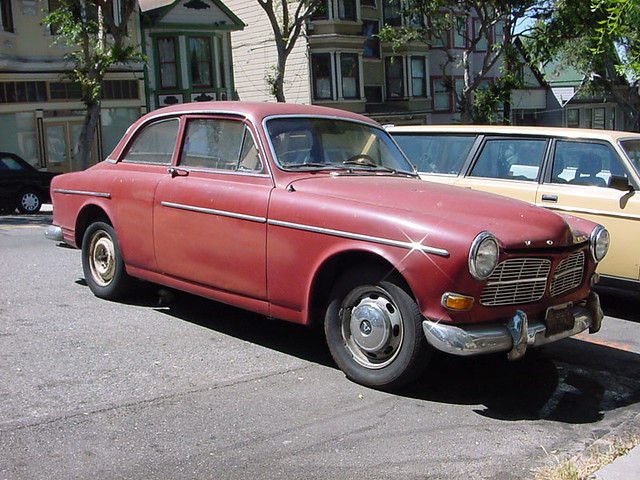- Joined
- Oct 10, 2003
- Location
- Acworth, GA 30102
Ok, I've replaced the front calipers, rear wheel cylinders, and the master cylinder. I have bleed the brakes twice, and adjusted the rear drums, but I still have to double pump the brakes to get good pedal. Should I just need to keep bleeding the brakes until it feels right?
1965 122
1965 122


